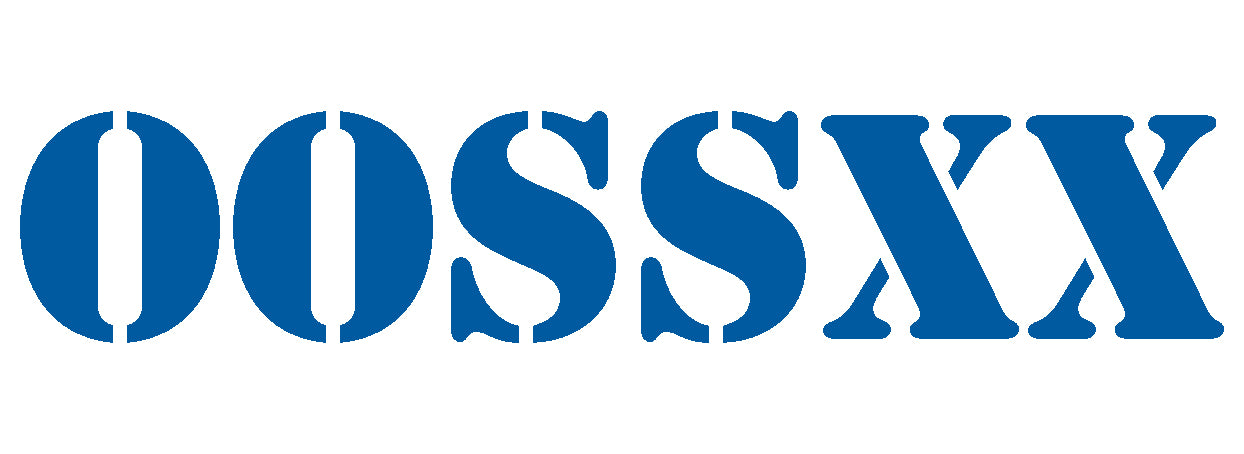In the field of surveillance engineering, selecting the appropriate power supply method for surveillance cameras is crucial for optimal performance. At OOSSXX, we offer a range of power supply solutions to meet diverse installation requirements. Here are three main power supply options:
- Independent Power Supply Mode
In the independent power supply mode, each camera is equipped with a dedicated security monitoring power source, providing power supply exclusively for one camera. This setup ensures individual power stability for each camera, enhancing reliability and minimizing the risk of power-related issues.
- Centralized Power Supply Mode
The centralized power supply mode involves using a 12V centralized power supply connected to a 220V power source. A 2*1.0 red-black power cable is then used to connect the power supply to each camera. The maximum power supply distance should not exceed 100 meters. By using power line connectors, the individual power supply lines and camera power connections can be easily linked. This approach enables a single power source to supply power to multiple cameras, reducing complexity and simplifying the power distribution process.
- Power over Ethernet (PoE) Mode
PoE offers four primary supply methods:
- Both Switch and Terminal Support PoE
In this scenario, PoE switches directly connect to wireless access points and network cameras that support PoE via Ethernet cables. This straightforward setup requires attention to two critical aspects:
- Ensuring that both the PoE switch and wireless access points or network cameras are standard PoE devices.
- Carefully selecting and using high-quality Ethernet cables, as low-quality cables may lead to power issues or continuous reboots.
- PoE Switch Supported, Terminal Not Supported
Here, a PoE switch is connected to a PoE splitter, which separates power and data signals into two output lines: one for power and the other for network data signals (standard Ethernet cable). The power output can be adjusted to match various non-PoE powered terminals with support for IEEE 802.3af/802.3at standards. The network data signal output is directly connected to the network port of the non-PoE powered terminal.
- Switch Not Supported, Terminal Supports PoE
In this setup, a PoE injector is connected to the switch to transmit power over the Ethernet cable to the PoE-powered terminal. This method allows for easy expansion of existing wired networks without impacting the original setup.
- Neither Switch nor Terminal Supports PoE
Here, a PoE injector connects to the switch, followed by a PoE splitter, ultimately transmitting power to the terminal. This approach is suitable for retrofitting traditional networks, where the existing switch does not support PoE, but the benefits of PoE power supply are desired.
At OOSSXX, we provide cutting-edge PoE solutions and power supply products to meet the diverse needs of monitoring projects. Our high-quality equipment ensures reliable and efficient surveillance operations, empowering you with comprehensive security solutions for your premises.









